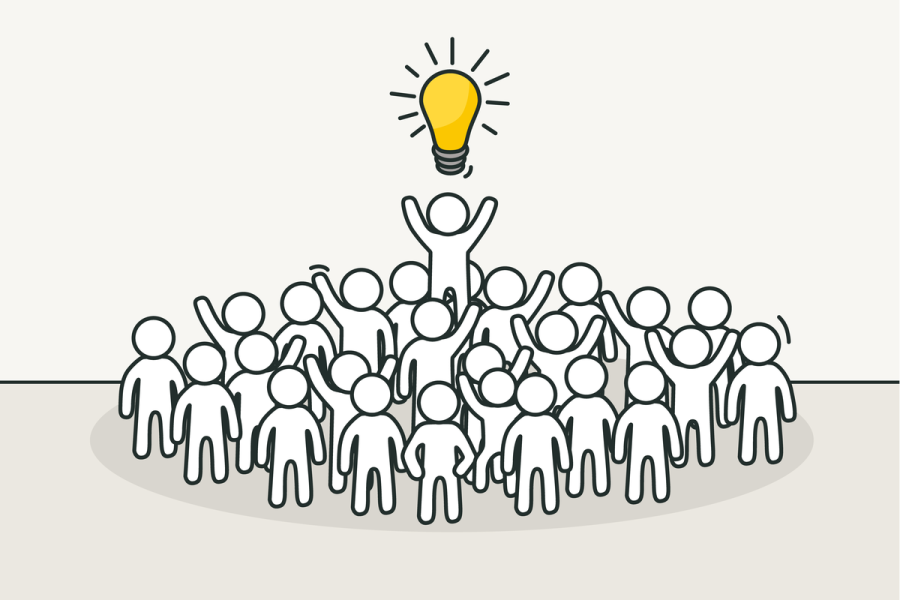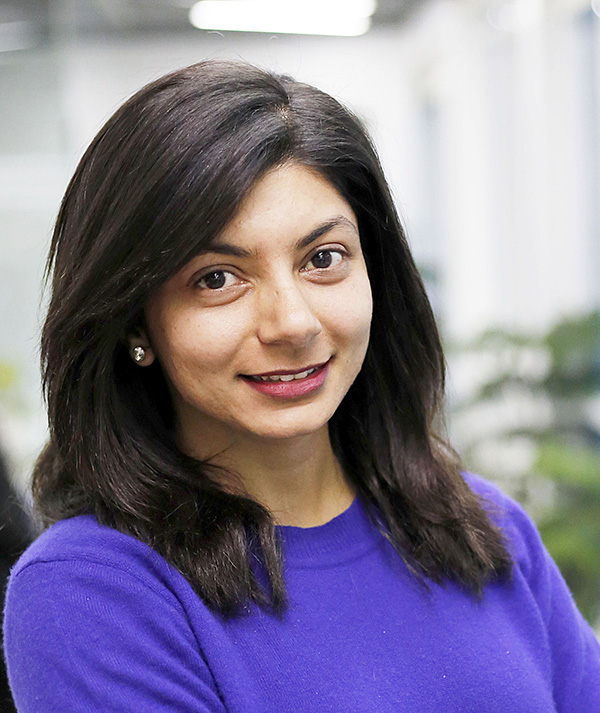Columns
Political heartbreaks and change
A single person’s rise in politics can change the destiny of a whole people, especially in times of crisis.
Avasna Pandey
Politics is “an essential and eternal human effort to craft the common life on which we all depend”, wrote American author Parker Palmer. There are three key words in this definition–effort, common life and dependency. It is with the hope that our chosen representatives will do something for the collective good that we entrust them power and responsibility. But barring a few politicians, most prove us wrong. This repeated false hope breaks our hearts, giving rise to what in popular language is called alternative politics. Parker calls it the politics of the heartbroken.
Witnessing the tragic collapse of democratic values into corruption and complacency hurts. The younger generation, tired of the behaviour of the political leadership, rightly expects change. But when their patience is tested in every election cycle, some decide to take matters in their own hands. Perhaps this emotion helps explain the candidacy of many faces running as independent candidates this election season. Balen Shah, Neetu Khadka, Sumit Kharel and Ganesh Poudel are out to mend their broken hearts. Lest we forget, a single person’s rise in politics can change the destiny of a whole people, especially in times of crisis.
Political violence
The young people today are both more aware and oblivious–a reaction people have to the disenchantment that comes with the word "politics". The absence of a moral tone in the politics of our times seems to make it a lost cause. As time progresses, the idea of brawn over brains has entered the chyle of government and party politics. By brawn I do not mean brute physical strength that marks violence because we can do violence in politics even without muscle power. It is political violence if elected representatives shirk their responsibilities and detach themselves from their duties concerning service delivery, ignoring society’s needs in favour of personal gains. Given this state, some youths chose to be indifferent while some attempted to give new meaning to politics. And both choices are justified.
Oftentimes, elections are a process to measure voters’ response to national issues. The pattern so far reveals that parties are important in Nepal, because it is either the Congress party or the communist parties of different names that the voters ultimately choose. This overwhelming party dominance leaves little room for the broken hearted. Their wounds are deep, but only a few choose to nurse them. This election, we have seen immense courage from independent candidates. How far they will succeed in realising their goal remains to be seen, but their candidacy tells us they want to bring the value of emotions back in politics. As long as these candidates are able to replace the politics of emotions by putting emotions in politics, they will have scored some victory.
What is also interesting about the young candidates in the fray in the local elections is that they do not harp much on alternative politics. Perhaps they have yet to theorise their entry into electoral politics as an ideological attack on the established political regime. Rather, they seem to be acting out of frustration with the way political parties and politicians have consistently failed to live up to their expectations despite the people giving them one chance after another to mend their ways.
Without a solid ideological foundation and a sustained struggle, the cycle of the politics of betrayal will not end, and alternative politics cannot take off on a whim. As of now, whoever has come as an alternative force is bereft of a solid ideological standpoint. Bibeksheel Sajha is a case in point. Despite being in the political scene and promising much hope in its initial days, come today, it is having to struggle ideologically within the party itself, which is why it is already facing a breakdown.
However, even if a few independent candidates win the seats, that will be a symbolic win rather than a symptom of change in the broader political consciousness. But what is for certain is that the entry of young candidates in the electoral race, with substantial support from fellow youths who can launch social media missives, has rattled the established political parties who have long taken the opinion of the people for granted.
Hope is an emotion that democratic societies cannot ignore. It was the emotions that got stirred with the word hope that led Barack Obama, a black man of African descent, to become the president of the United States of America. The idea of hope and change played a key role in people's participation in American politics of the time. Passion and deliberation form the missing part of the puzzle in a democracy, but we often ignore them. As long as such emotion is communicated and delivered sincerely, it can have the desired effect in Nepali society as well.
Obsession over elections
Our commitment to democracy cannot mean obsession over elections. A nuanced reading of democracy tells us that elections merely form the procedural front of democracy. Once that procedure is over, our right to choose representatives and abide by the rule of law will only be substantial once such a practice in democracy facilitates the interaction between citizens and their beliefs in religion, art, right to expression and so forth. Society will rightly be called democratic only if it fulfils both the procedural and substantive roles. A focus on elections alone gives an incomplete idea of democracy.
Experiencing democracy in its highest form is a slow and daunting task. Parties model laws and mores to advance their interests. But the independent candidates whose politics seems to be emanating from a broken heart that aches to see Nepal prosper for now promise to let us out of that limitation. Their broken hearts are probably trying to give way to morality and ethics, which must rightly form the bedrock of any kind of politics. Democracy must lift the masses out of the slough and every election provides us with that chance. True democracy ensures voting rights, but it must also represent the interests of the governed as a sign of respect for the citizenry’s trust in them.




 11.12°C Kathmandu
11.12°C Kathmandu















